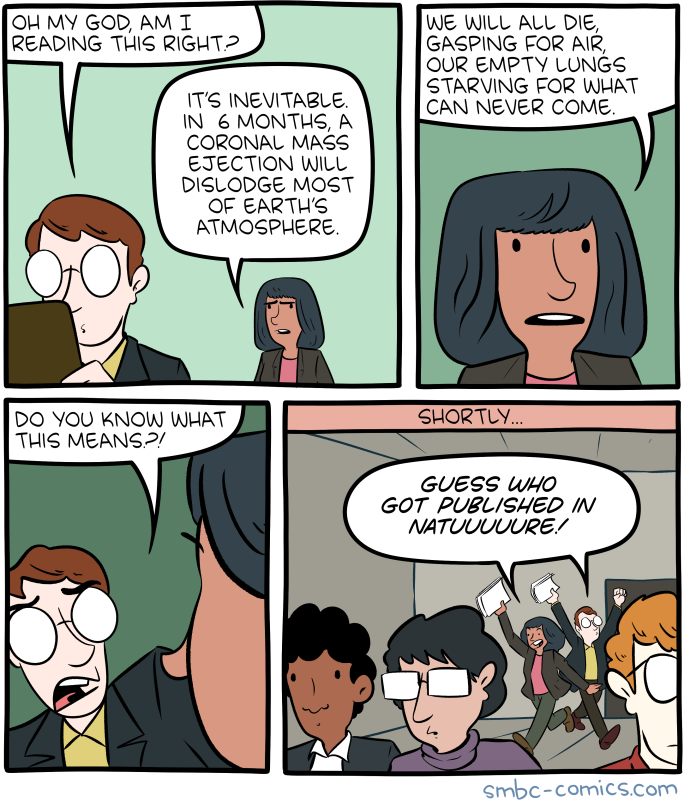
The journal Nature is not the usual outlet for organization studies scholars. Nevertheless, Maximilian Heimstädt, Katja Mayer, Tony Ross-Hellauer and myself submitted a short piece to Nature’s “Correspondence” section in response to an article trying to define predatory journals. 35 Authors led by Agnes Grudniewicz had developed such a definition but suggested leaving quality of peer review out of it:
Most controversially, we omitted quality of peer review, even though negligent peer review is often a prominent feature of predatory journals. We are not saying that peer review is unimportant, only that it is currently impossible to assess.
In our response, we argue that there is no point in any definition of predatory journals that leaves peer review quality out:
Continue reading “Correspondence in ‘Nature’: “No Peer Review, No Point” [Update]”If misuse of the peer-review label is not included in the definition of predatory journals, it could strengthen rather than weaken them. Formal listings of those journals might shrink under such a definition: many journals would be removed because their questionable peer-review procedures have escaped scrutiny and they seem otherwise respectable. They could then become attractive outlets to potential authors.


